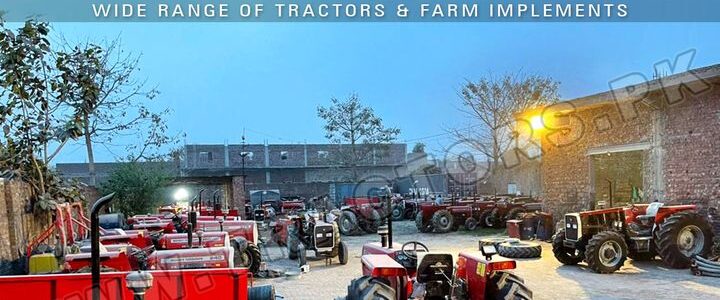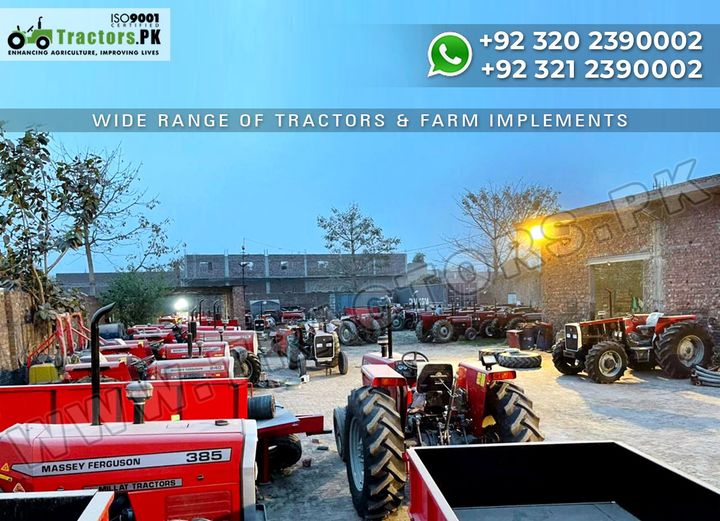
After a 15-year period of donor disengagement owing to political upheaval and six years of suspended payments due to arrears, the World Bank reengaged with Togo in 2008 as the nation was recovering from its period of isolation. After a six-year suspension owing to arrears, the World Bank has resumed payouts. Transitional and emergency responses were two of the primary concerns of the PASA. It is time to make the switch to a more long-term and long-lasting solution. Making ensuring the ESOP model is maintained when the project is complete, as well as investing in infrastructure, such as new irrigation systems, is essential to this solution.
After being asked what would enhance their lives during the Togo Systematic Country Diagnostic (SCD) consultation, rural people often said that they needed greater control over their water resources. Togo’s farmers and the country’s agriculture as a whole benefit greatly from better access to funding, mechanization, agricultural machinery, insurance for farmers, power, rural roads, and other basic amenities, as well as better access mechanized farming. It has been difficult for Togo to enhance agricultural machinery and production and diversify into goods with a greater added value despite its natural comparative advantage, which has hampered the sector and the country’s overall economic development. Effective regulations for ensuring appropriate inputs (seeds, fertilizers) for farmers and developing more accessible markets for commodities are both lacking, which is one of the key reasons for agriculture’s lack of productivity. To put it another way, this results in lower agricultural earnings as a result of lower investment and production.
Agriculture in Togo
Of Togo’s seven million residents, agriculture employs more than half of the population. Agriculture accounted for 30 percent of all economic activity in the nation during the preceding five years. Despite the fast growth of metropolitan regions, the majority of the population still lives in rural areas, and more than two-thirds of these families (about 2.8 million out of 4.2 million) are deemed to be living in poverty.
Nearly 14,000 small-holder farmers and 3,300 livestock farmers have been helped by a multi-donor trust fund, the Global Agriculture and Food Security Program (GAFSP), which was established in 2010 to improve food security in the world’s poorest countries, through the Agriculture Sector Support Project (PASA). About 55% of Togo’s homes were poor as of 2015, with the bulk of these dwellings being in rural regions and deprived of essential agricultural machinery. Having a first-hand look at the challenges and limits faced by farmers in Togo was critical to my creation of Togo’s Country Partnership Framework. ESOPs (Entreprises et services d’organisation des producteurs) are the primary means by which rice, soy, cassava, and maize farmers participate in PASA. They were formed by the initiative with the purpose of uniting farmers and helping them acquire access to inputs (such as seeds and fertilizers), and improve their yields and quality while also selling their output for a greater price than they could on their own. There are twenty ESOPs across the country, and each one is run by an independent non-profit organization that is responsible for coordinating the farmers who are participating. To get the company up and running, the ESOPs help individuals pool their resources such as agricultural machinery or farm implements for sale to pay for the inputs, supplies, and equipment they need to process their crops. They also help with the costs associated with starting up a business. Investments in irrigation infrastructure, which are crucial in a nation where agriculture is mostly dependent on rain and where climate change has made the rainy seasons more unpredictable, are absent from the proposal. To make matters worse, there are no infrastructural investments in the plan.


